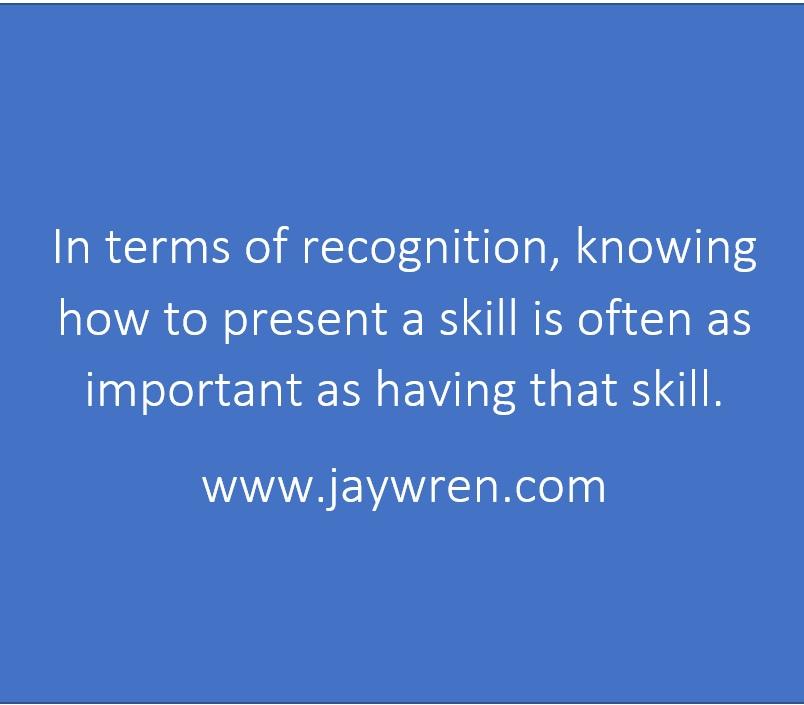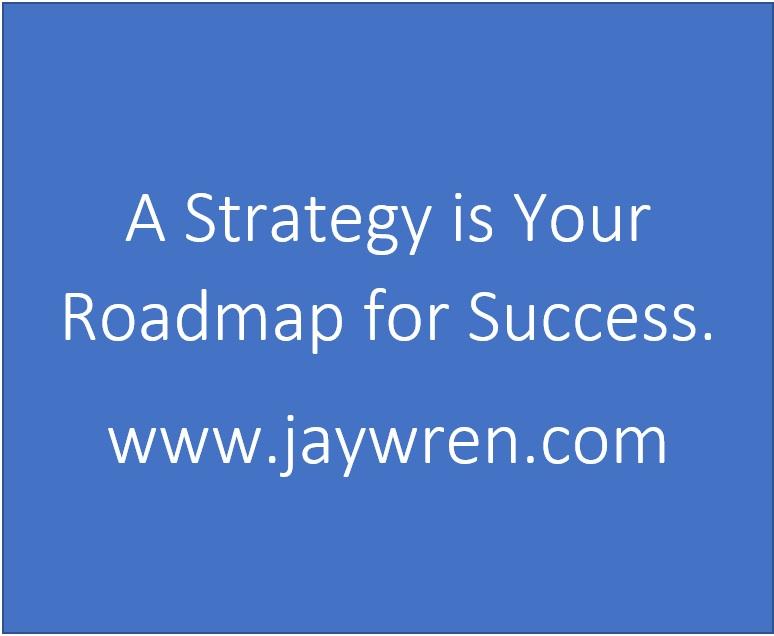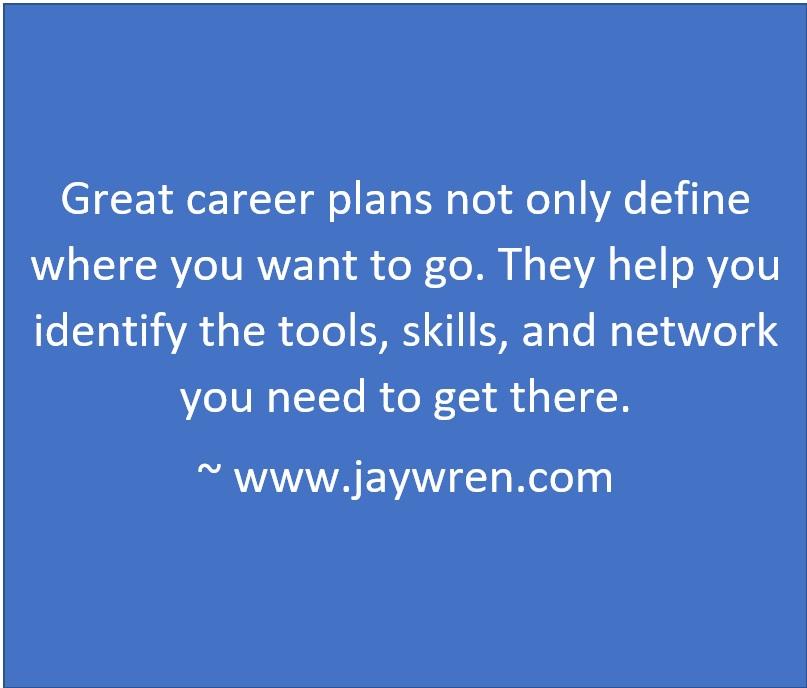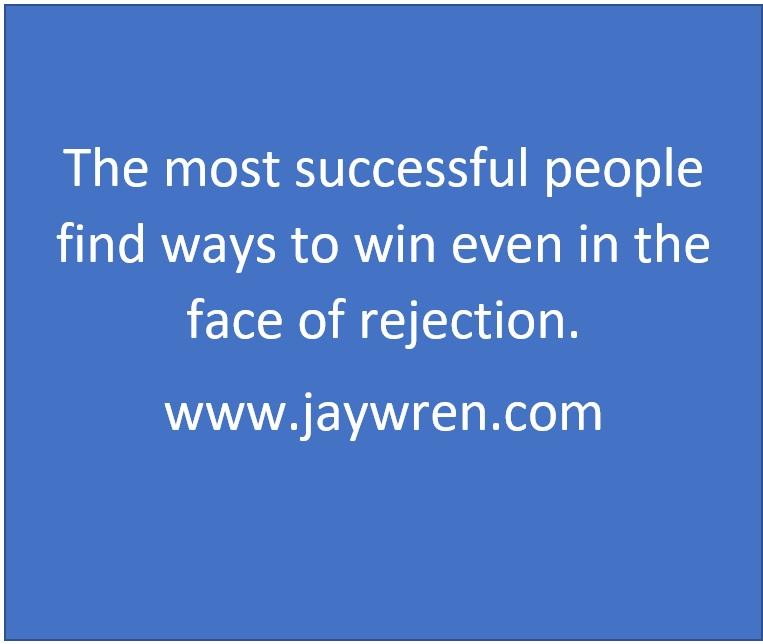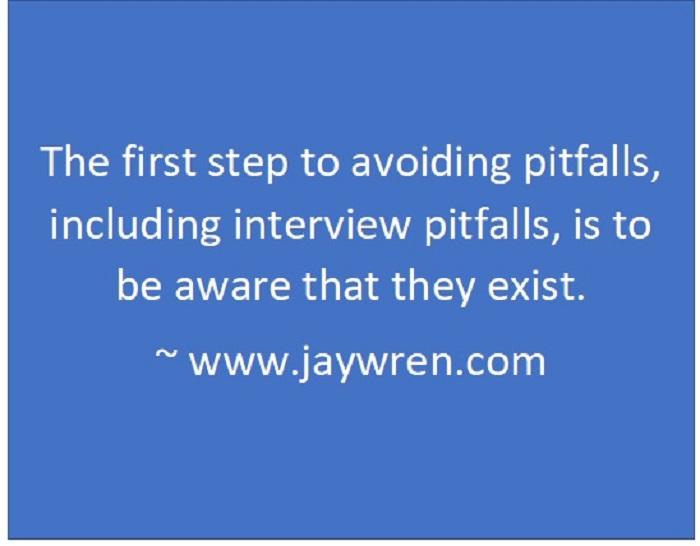Education requirements vary. The requirements vary by the job type. Additionally, education requirements vary from job sector and from one employer to the next. This article shows you how to prepare for presenting your education to get the maximum interviews.
Understanding Education Requirements
Knowing the education requirements of any job is important. Before going to a job interview, attempt to get a job description. Here are some places to find job descriptions.
- Job boards and job search engines
- Recruiters
- Hiring company websites
- Direct contact with the company’s human resources department or from the hiring manager
- A jobs search with your favorite search engine
Do You Need a College Degree?
In some companies, college degrees are not a requirement. Some of the most successful company founders don’t have a degree. In the tech sector, airlines sector, construction and home repair sector, sales positions, and other roles often don’t require a college degree.
On the other hand, many companies require a college degree. In some professions, a college degree plus college credentials or advanced degrees are requirements. College requirements are important in many fields. Additionally, credentials or certifications may be required.
Some organizations have specific training for their new hires. Furthermore, these companies train you in specific skills that last you throughout your career. In working for a company that is well known throughout your industry as a training company makes you more marketable.
However, a college degree may prove helpful to move into leadership roles for these positions. Please do your own research through job listings to find the education requirements.
How Important is Your College Major?
The importance of a college major depends on the industry. Accounting, finance, chemistry, engineering, physics, biology, and other majors often qualify a person immediately useful for specific jobs.
On the other hand, some positions do not require a specific college major.
I majored in English. Then I entered Naval Officers Candidate School. The math and science I studied in college were sufficient to give me a basis to study Navy navigation and tactics. When I went aboard the ship, I continued to receive training on the operations of the ship. A year into my service, I qualified as a Navy bridge officer (Officer of the Deck). Additionally, I was promoted to a position as a public affairs officer. My studies in journalism and English gave me the groundwork to develop the skills to manage the shipboard radio and television station, the ship’s newspaper and cruise book, to write daily press releases Additionally, I was able to develop the skills to coordinate and escort VIPs like the Bob Hope and his troupe of performers and technicians.
Should You Get a Degree?
For students who are making a decision whether to go through devote four or more years and spend thousands, if not tens of thousands of dollars to get a degree, I want to share my thoughts. Graduating from college did two things for my career. I got a key to let me through doors marked, “Degree required.” I gained acceptance into business circles and social circles where having a college degree meant credibility.
